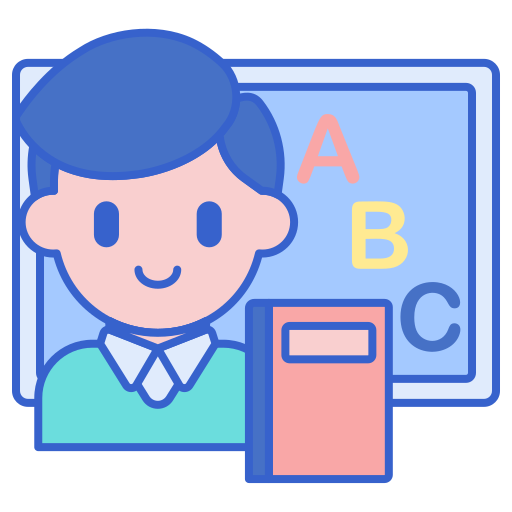PLC course
With this free course of 24 video lessons you will learn about the most important PLC concepts
A programmable logic controller, better known by its acronym in English PLC (Programmable Logic Controller) or by programmable automaton, is a computer used in automatic engineering or industrial automation, to automate electromechanical, electropneumatic, electrohydraulic processes, such as the control of factory machinery on assembly lines or other production processes as well as mechanical attractions.
PLCs are used in many industries and machines. Unlike general-purpose computers, the PLC is designed for multiple input and output signals, extended temperature ranges, immunity to electrical noise, and resistance to vibration and impact. Programs for controlling the operation of the machine are usually stored in batteries, backup or in non-volatile memories. A PLC is an example of a real-time system, where output results must be produced in response to input conditions within a limited time, otherwise it will not produce the desired result.

